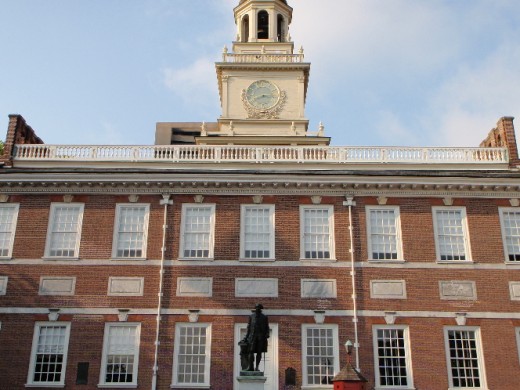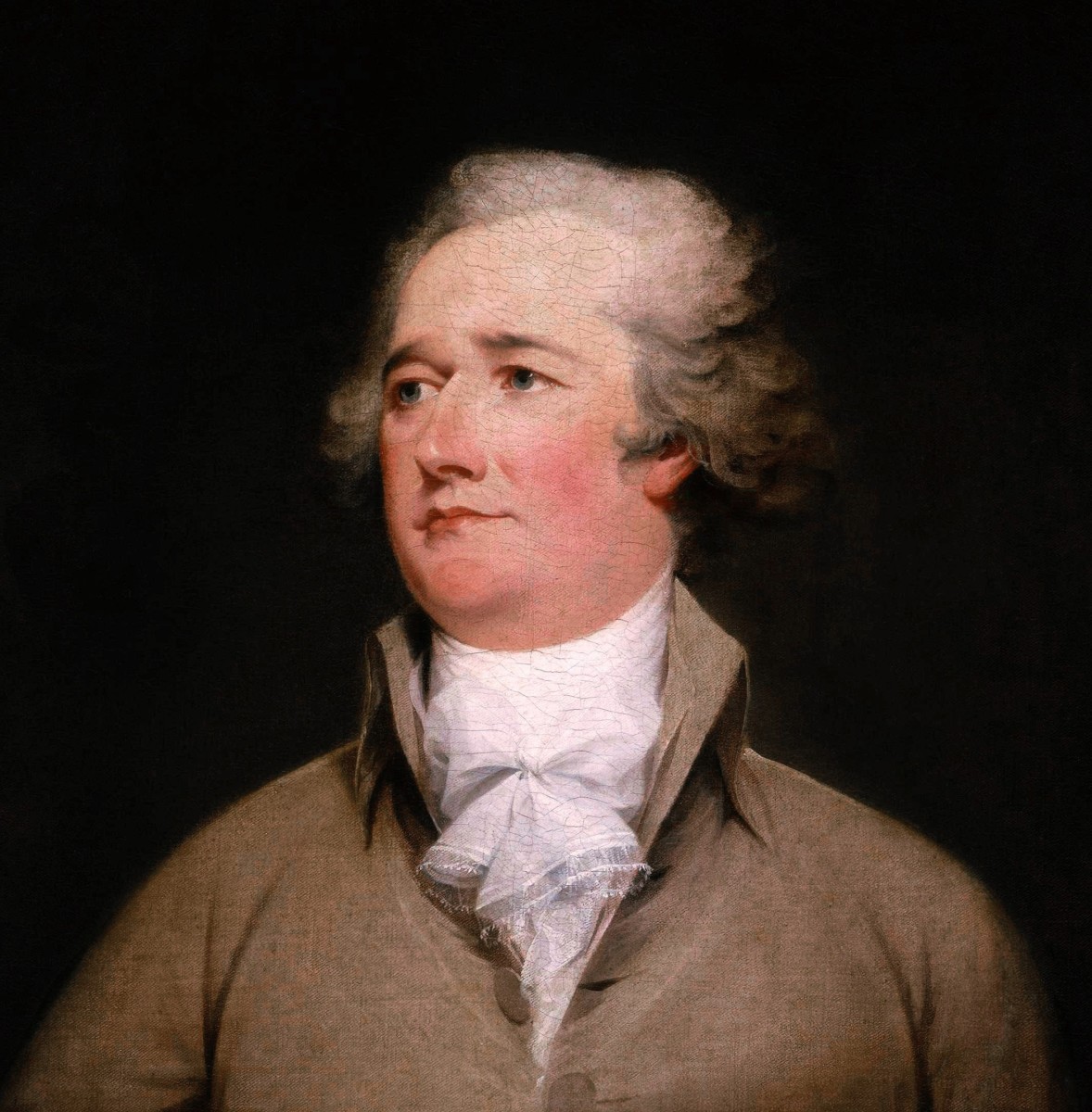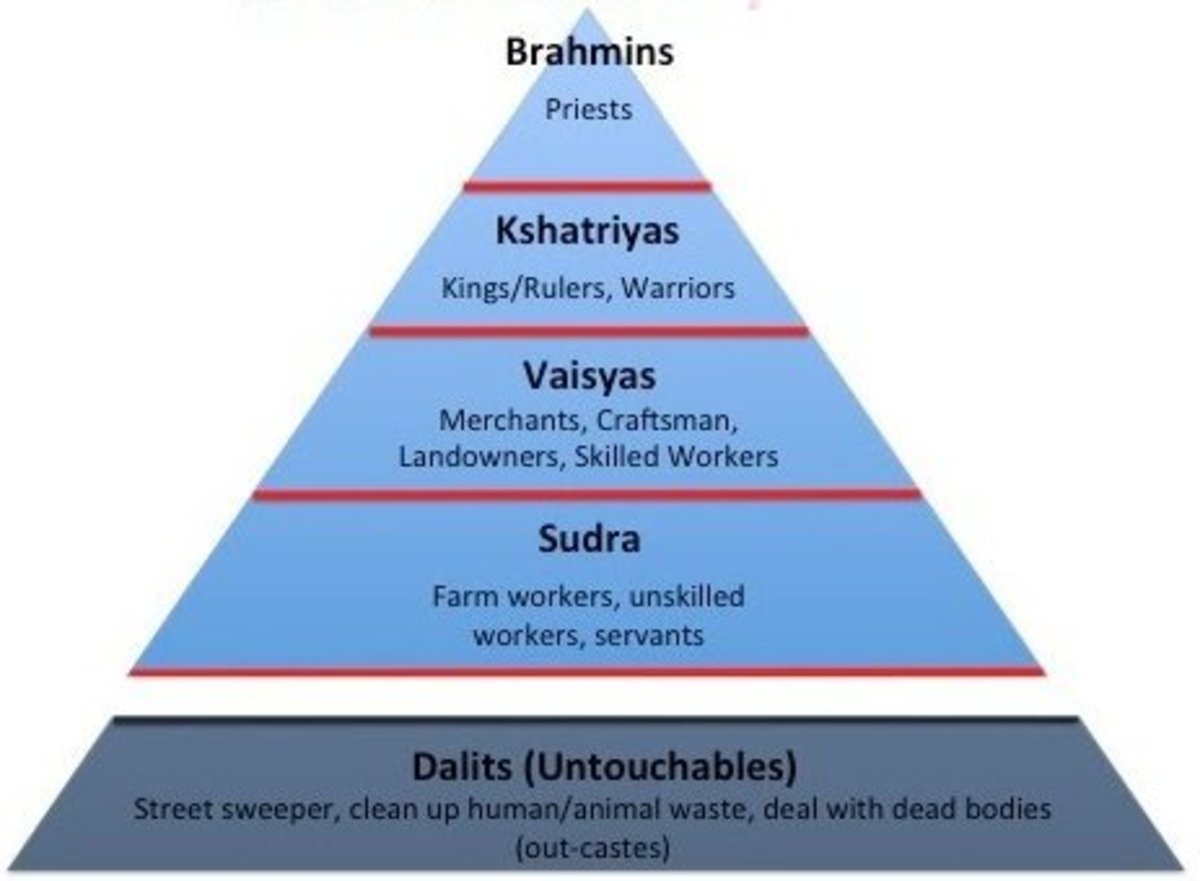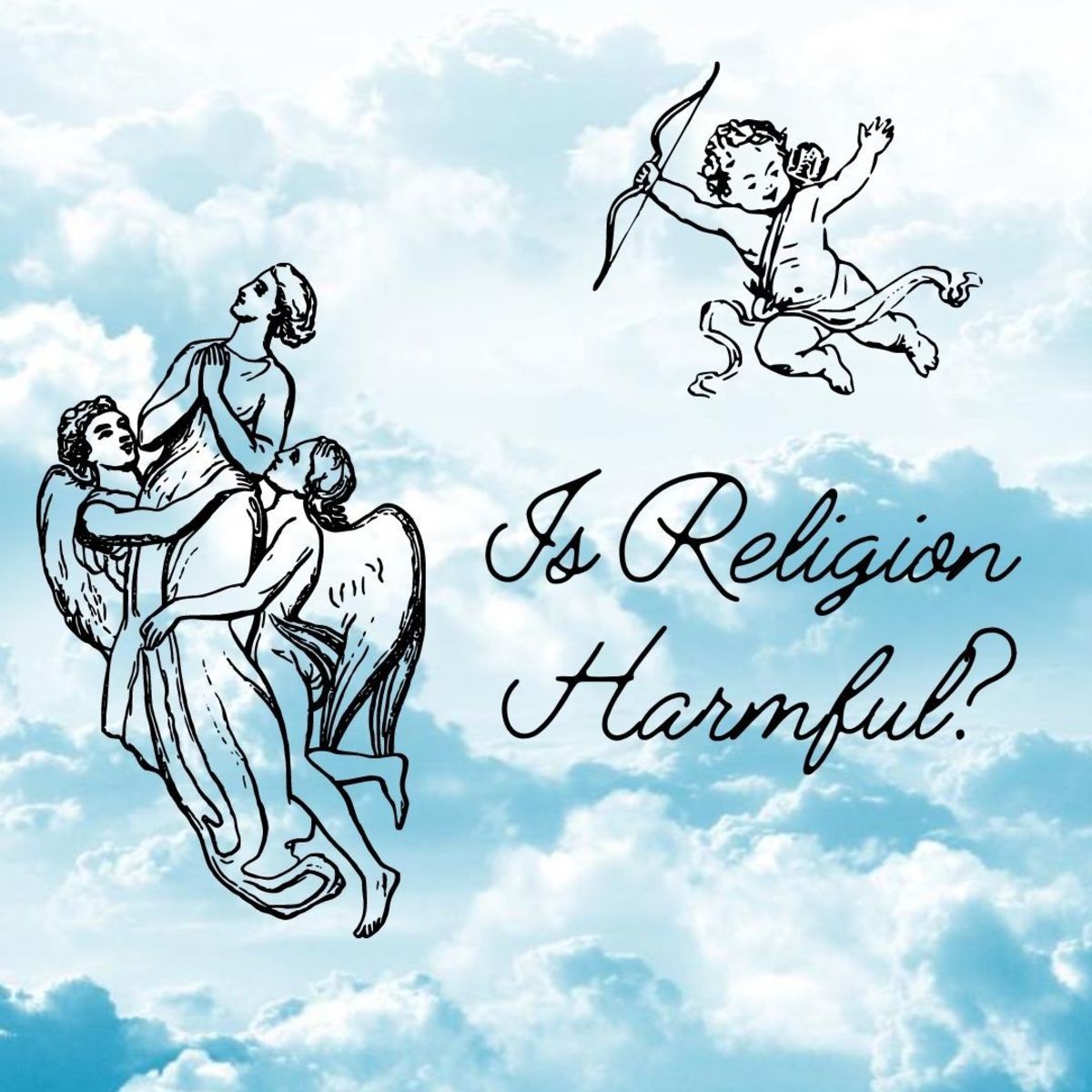Federalists v.s. Antifederalists (part 2): Where is God in our Constitution?
Independence Hall

Federalists v.s. Antifederalists (part 2)
Federalists v.s. Antifederalists (part 2)
“Where is God in our Constitution?”
by Michael Mikio Nakade
Overview: The Anti-federalists were unhappy over the omission of religious piety in the proposed Constitution. I developed an imaginary debate over role of religion. It involved Maryland’s Anti-federalist John Mercer and New York’s Federalist, Alexander Hamilton.
Mercer: I am concerned with the conspicuous omission of our Lord-Creator in the proposed constitution. In our vast land, we’d need glue that would hold us together. That glue, of course, is God.
Hamilton: I am not against God. Oh no. I am, however, concerned with potential violation of our religious freedom if our new constitution indicates its preference for a certain religious sect over others. Separating the power of our government from influence of an organized religion is crucial for our liberty.
Mercer: I am committed to individual religious freedom. I am not suggesting that America be allowed to favor one particular religious sect over others. All I am saying is that religious education is vital to the success of our new Republic. I sincerely believe that religious education provides essential foundations for civic virtue and citizenship education. I did notice that the proposed Constitution’s conspicuous silence on God’s supreme authority. The Articles of Confederation, on the other hand, does acknowledge the ultimate political rule of God.
Hamilton: Mr. Mercer, I’d like to remind you that this country was founded by people who fled their old country in search of religious freedom. We honor each and every sect of Christians in this country. We have Methodists, Quakers, Presbyterians, Baptists, Lutherans, and Catholics, among others. The spirit of toleration is precious to us. Having a hint of religion in our basic political document may open the can of worms. American people all believe in God. It is better to leave this obvious reality unsaid in our constitution than to spell it out.
Mercer: Then, Mr. Hamilton, how do we educate our citizens? You and your Federalists friends proposed to have a strong central government because you folks believe that people need to be controlled. Why? Is that because men are bad? If that’s the case, more so, we’ll need to provide religious education.
Hamilton: As my colleague, Mr. Madison says: if men were angles, men wouldn’t need a government. The role of government is to provide the necessary boundaries and framework so that men can live with one another without hurting one another. Men are motivated by self-interests. Men are given liberty to pursue their respective self-interest. The government is to make sure that men won’t hurt each other in this process.
Mercer: If that’s your take on human nature, men need religion more than ever. We must specify our nation’s commitment to our Creator.
Hamilton: With all due respect, Mr. Mercer, I disagree. Freedom of religion must be given to each individual in order that each person’s commitment to his or her religion will be genuine. Implying that everyone in this New Republic is a committed Christian of one form or another is counter productive.
(At this point, Mercer realized that the debate was not going anywhere, and he stopped.)








